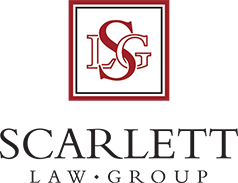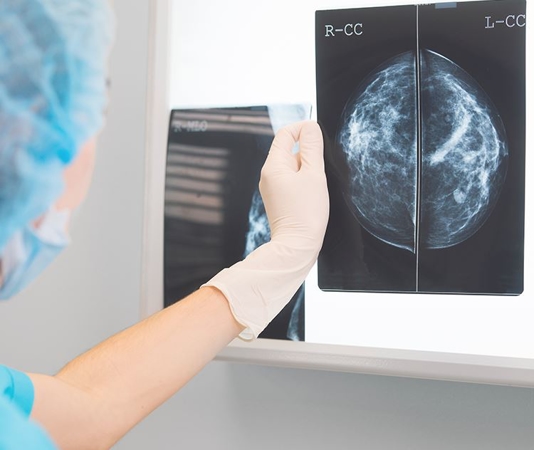Mild traumatic brain injury (mTBI), or concussion, is often associated with chronic cognitive difficulties. Although these symptoms usually resolve within weeks of a concussion, a small proportion of people who sustain mTBI will experience post-concussive symptoms that persist for months or years, often causing significant social and emotional challenges.
A potential pathway for treating these conditions is repetitive transcranial magnetic stimulation (rTMS), a therapy that was developed primarily for depression and obsessive-compulsive disorder (OCD). Previous studies suggest that rTMS is also associated with general cognitive improvement and may be a promising treatment for post-concussive cognitive symptoms. The standard treatment for cognitive and psychological effects following mTBI include cognitive rehabilitation therapy and pharmaceutical stimulants, which are often ineffective and provide limited options for patients. Therefore, an investigation of rTMS as an additional therapy may provide an opportunity for mTBI patients struggling with standard post-concussive care.
A team of researchers conducted a study to assess the impact of rTMS on cognitive functioning, post-concussive symptoms, and electroencephalography (EEG) outcomes. The participants were 26 adults who had experienced a TBI in the last 20 years with lasting cognitive difficulties as a result of injury. Outcomes of cognitive tests, EEG scans, and post-concussive surveys were compared between patients who received one week of active rTMS stimulation and a placebo. While the results of this study indicated no association between rTMS therapy and cognitive functioning, participants showed significant improvement in depression and sleep dysfunction following active rTMS.
The improvement of PCS, depression and sleep dysfunction indicates that rTMS may be an effective supplementary therapy for chronic mTBI symptoms. Analyses of EEG changes showed an increase in delta wave activity one week following rTMS treatment, a significant change in brain functioning that may be associated with the neuronal recovery and consequent cognitive improvements. Though future research is needed to explore this association, EEG data suggest that rTMS may be still viable for cognitive rehabilitation in addition to post-concussive therapy.
Franke LM, Gitchel GT, Perera RA, et al. Randomized trial of rTMS in traumatic brain injury: improved subjective neurobehavioral symptoms and increases in EEG delta activity. Brain Injury. (February 2022).

